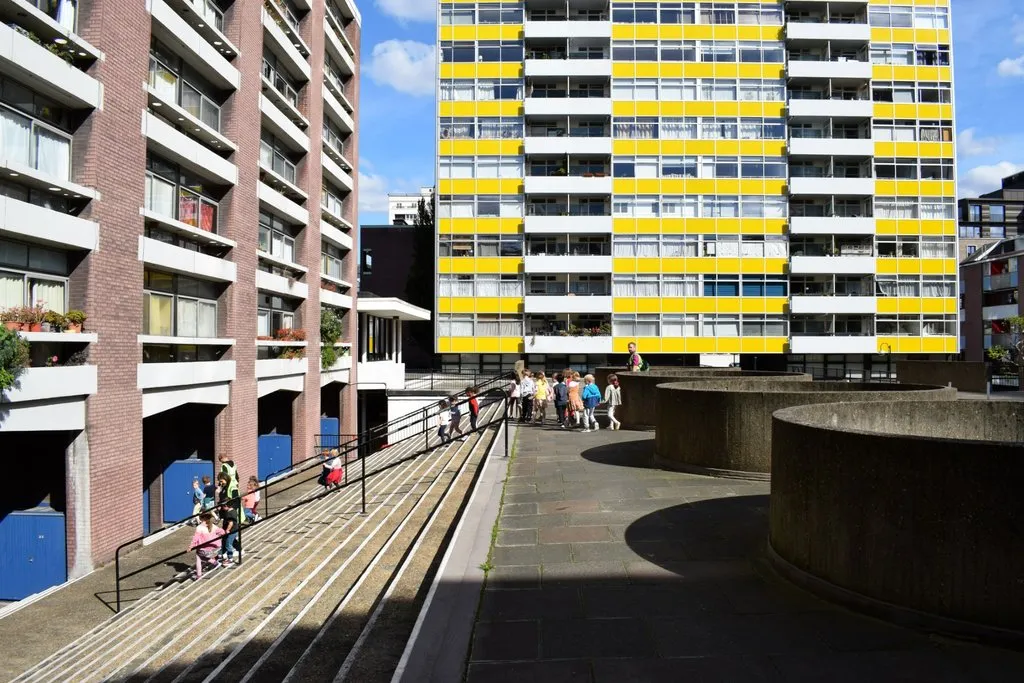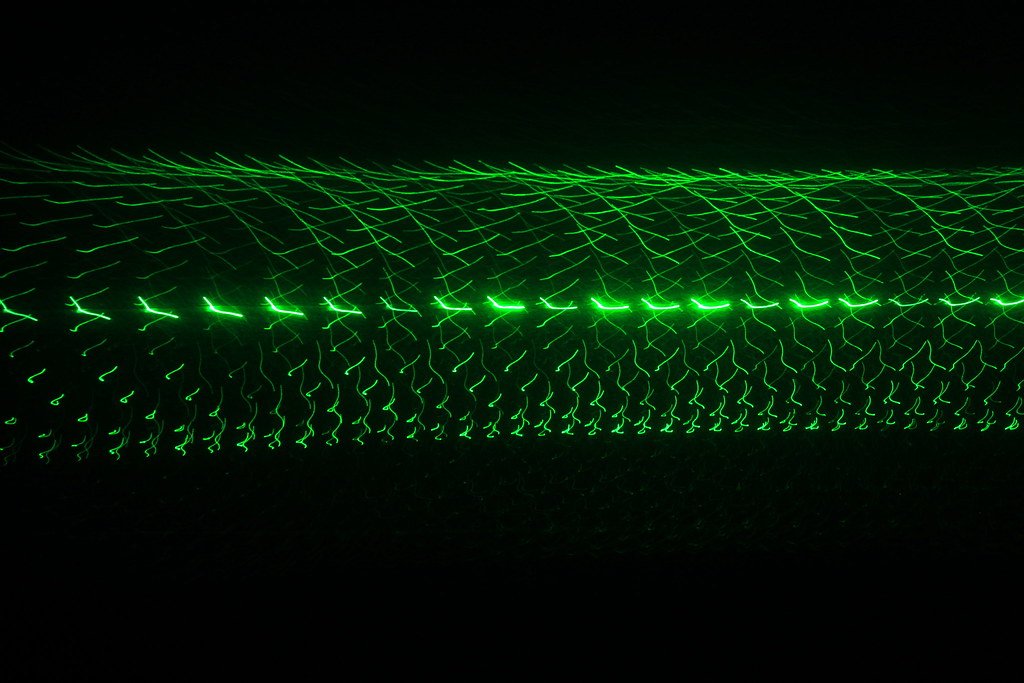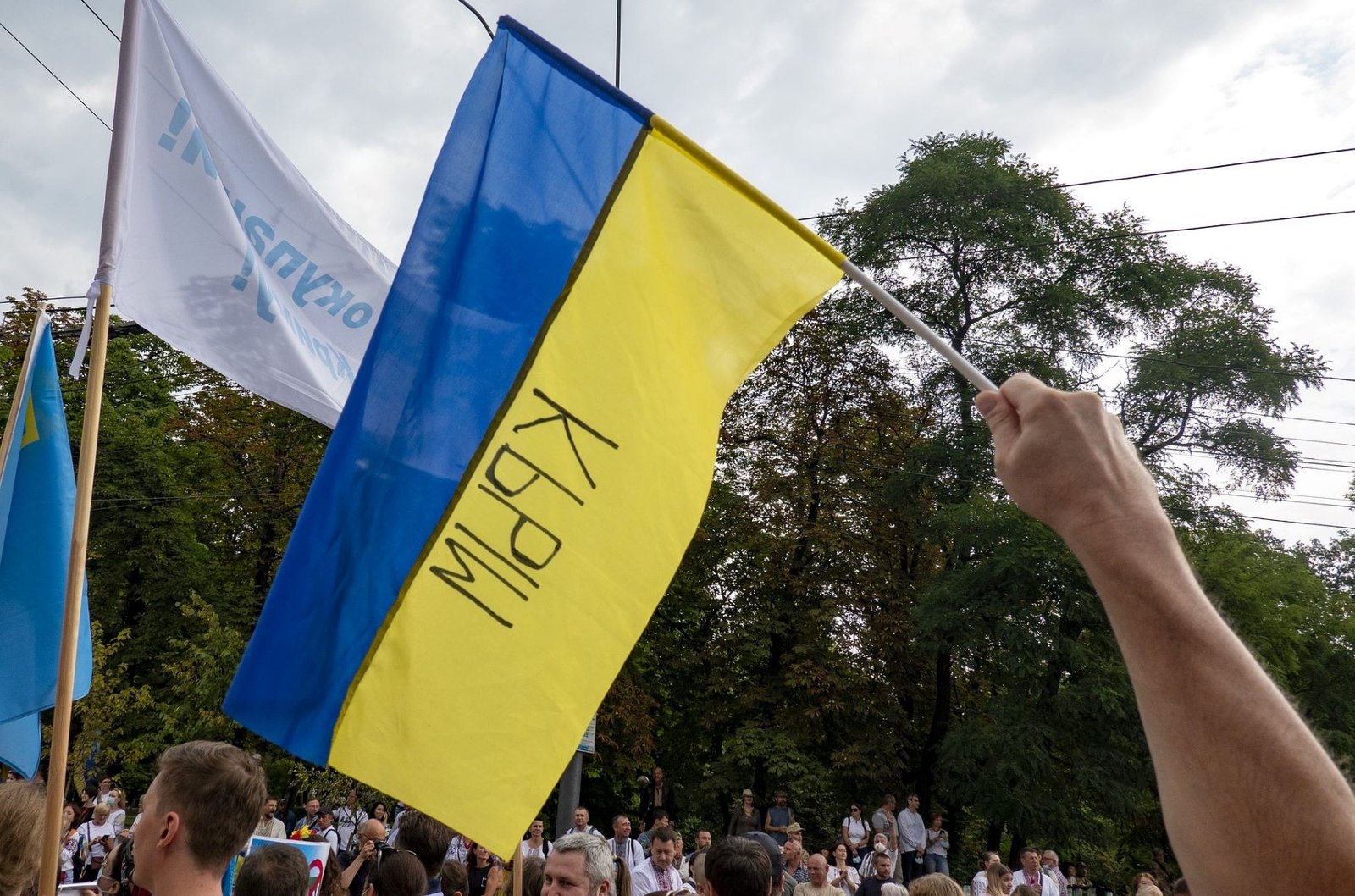Royal Mint creates gold coins from e-waste using groundbreaking technology

In a world-first, the Royal Mint has partnered with Canadian cleantech start-up Excir to create gold coins from electronic waste, or e-waste. The initiative, happening right here in the UK, marks a significant shift in how precious metals are sourced, highlighting the Royal Mint’s dedication to sustainability.
At a brand-new industrial plant in Llantrisant, Wales, the Royal Mint is reclaiming valuable metals like gold from discarded electronics. This process, called urban mining, uses innovative methods to retrieve precious metals from circuit boards in devices like laptops, phones, and televisions. The extracted gold will first be used for jewellery but will soon find its way into the Mint’s iconic commemorative coins.
The process itself is impressively green. Unlike traditional gold recovery techniques that are energy-intensive and rely on harmful chemicals, this method works at room temperature, requiring low energy and safely leaching the gold from the components. Over 99% of the gold present in e-waste is recovered using this cutting-edge process, which shows promise for scaling up globally.
The Royal Mint is no stranger to history, but this partnership with Excir may redefine their future. With the capability to process 4,000 tonnes of circuit boards each year, the Mint’s role in the circular economy is growing. Beyond gold, they’re looking at recovering metals like aluminium, copper, tin, and steel from e-waste, with hopes to incorporate these materials into new products or even the construction industry.
This initiative comes at a critical moment for the UK, which ranks as the second-largest producer of e-waste per capita globally. The country’s shift towards urban mining could help reduce its reliance on new raw materials, contributing to lower environmental impact by minimising habitat destruction and greenhouse gas emissions. According to the United Nations, global e-waste production hit 62 million tonnes in 2022, with projections showing it will rise to 82 million tonnes by 2030. Repurposing the UK’s share of this e-waste represents a massive opportunity to reduce the country’s waste footprint.
The Royal Mint’s move away from coin-making (as cash payments decline) opens new doors. This project brings with it the chance to create new jobs, boost local skills, and pioneer the future of sustainably sourced precious metals. The Mint’s adoption of this technology sets a global example, showing that e-waste is not just waste—it’s a resource.
Recovering valuable materials from waste and obsolete products found in rare environments such as electronics, buildings, vehicles, and infrastructure is a process called urban mining. It is becoming increasingly important as we work towards reducing the need for new raw materials. Urban mining lowers the environmental impact associated with traditional mining, including habitat destruction, water use, and greenhouse gas emissions. According to the European Commission, urban mining is crucial for advancing sustainable practices in industries globally.
As global e-waste continues to rise, the Royal Mint’s innovation may inspire other countries to adopt similar approaches, proving that even waste can be gold.
For more updates on this pioneering project and other stories about sustainable innovation, visit EyeOnLondon.









